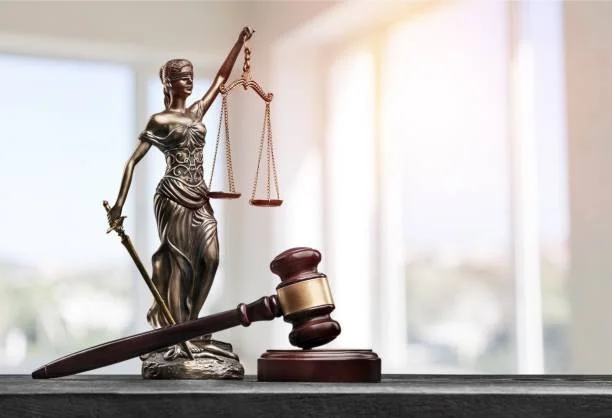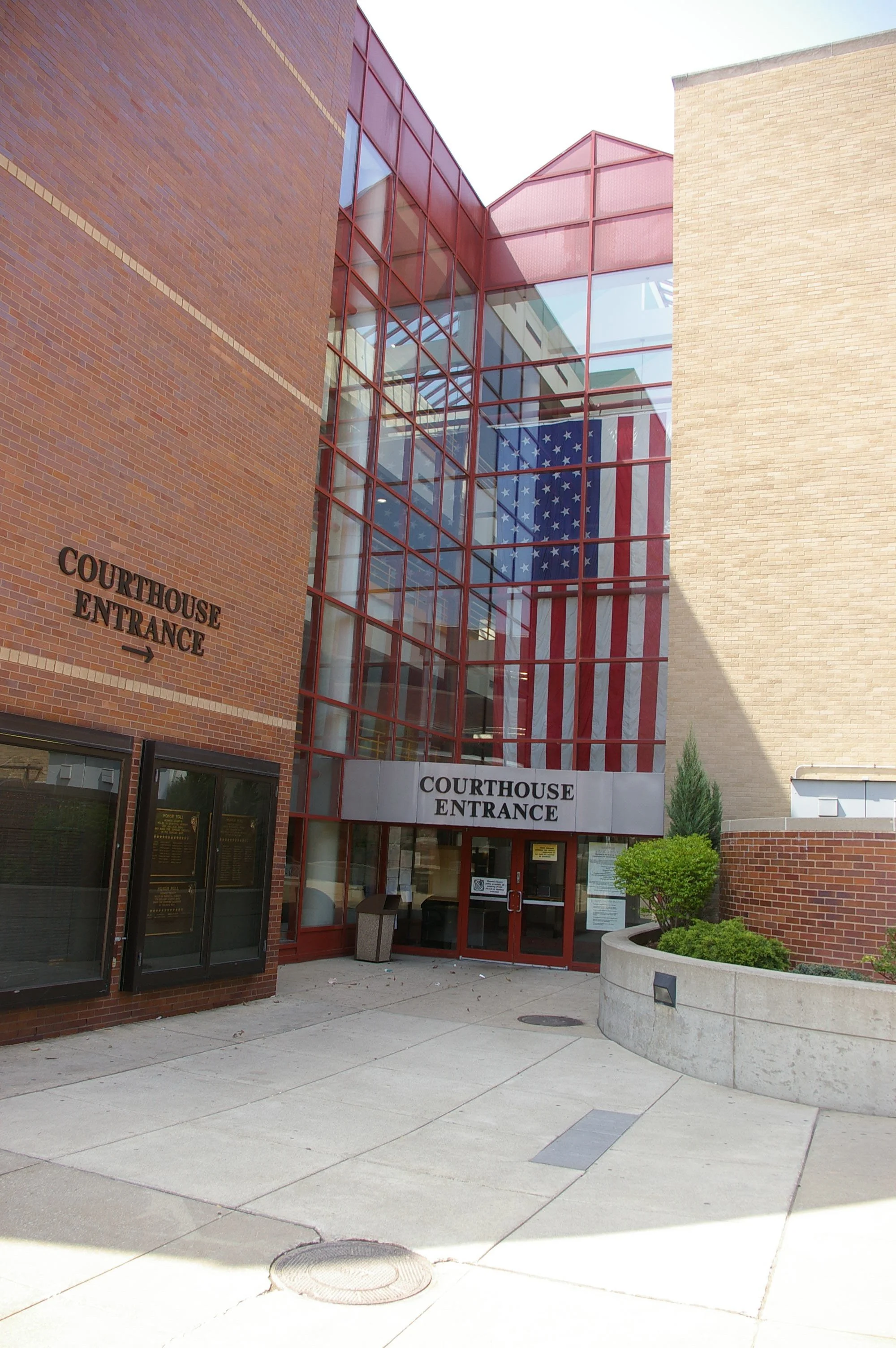Probate Litigation
Probate litigation typically involves filing petitions, responses, discovery processes, and court hearings. It may culminate in a trial if disputes cannot be resolved through negotiation or mediation. Given the complexity of probate litigation, it is crucial to seek legal representation from an experienced probate attorney. An attorney can navigate the legal process, advocate for your interests, and help achieve a fair resolution. Having a clear understanding of the issues at hand and working closely with a knowledgeable probate attorney can help navigate the complexities of the legal process and protect your interests during contested probate proceedings.
Probate litigation refers to legal disputes and conflicts that arise within the context of a guardianship, conservatorship, probate, or trust administration process.
Probate courts across the State of Michigan have jurisdiction over disputes involving estates and trusts, protected minors, and adults who lack capacity. Any legal conflicts, claims, or disputes that arise pertaining to these protected individuals are resolved through probate litigation. Most of the rules governing probate litigation can be found in Michigan’s Estates and Protected Individuals Code and the Michigan Court Rules.
Common Issues Leading to Probate Litigation:
Contested Wills: Disputes may arise over the validity of the will, alleging issues such as undue influence, lack of capacity, or fraud in its creation.
Appointment of Personal Representative: Family members may contest the court's choice of the personal representative or question their ability to fulfill their duties.
Asset Disputes: Heirs or beneficiaries may dispute the valuation or distribution of specific assets, leading to conflicts.
Beneficiary Designations: Disputes may arise over the validity of certain assets that passed outside of probate through beneficiary designations.
Contested Trusts: Trusts are common estate planning documents which gained popularity due to their lack of oversight during distribution. However, in the event there is a dispute about a trust’s language, estate, or administration, that dispute can be resolved by the probate court.
Creditor Claims: Disagreements may occur regarding the legitimacy or priority of creditor claims against the trust or estate.
Family Disputes: Inheritance disputes or conflicts among family members can result in litigation over the distribution of assets.
Incapacity: Parties may bring forth claims that a loved one lacked the mental fitness to execute key documents related to estate matters and asset distribution.
Allegations of Mismanagement: Fiduciaries may face allegations of mismanagement of estate assets or claims of breach of fiduciary duty in handling estate affairs.
Accounting Disputes: Fiduciaries have an obligation to account to beneficiaries the status of the estate and support any expenses or fees.
Wayne County Probate Court
1305 Coleman A. Young Municipal Center
Two Woodward Avenue
Detroit, Michigan 48226
(313) 224-5706
probateservice@wcpc.us
Monroe County Probate Court
125 East Second Street Monroe,
Michigan 48161-2197
(734) 240-7000
probateclerks@monroemi.org
Oakland County Probate Court
1200 N. Telegraph Road
Pontiac, MI 48341
(248) 858-1000
ProbateDE@Oakgov.com
FAQs about Michigan Probate Litigation
What is Probate Litigation?
Probate litigation is the legal process that arises over disputes or conflicts during the administration of an estate, trust, or protected person relationship. It encompasses a range of issues, including contested wills, disputes over asset distribution, challenges to the appointment of a personal representative, and more. Probate courts can also hear disputes regarding Powers of Attorney, Trust Agreements, and protected minors, as well as Guardianships and Conservatorships.
What Types of Problems Can Lead to Probate Litigation?
Common problems include contested wills, disputes over the appointment of a personal representatives, conflicts regarding asset distribution and valuation, creditor claims, family disputes, and allegations of mismanagement or breach of fiduciary duty.
When Does Probate Litigation Arise?
Probate litigation can arise when there are disagreements among heirs, beneficiaries, or other interested parties involved in the probate process. Probate litigation likely requires the filing of petition or motion before the probate court. Disputes can arise in the form of will challenges, disputes over asset distribution, or other contested issues.
How Does Probate Litigation Begin?
Probate litigation usually begins with the filing of a petition, motion, or complaint in appropriate probate court. This document outlines the issues in dispute and requests the court's intervention to resolve the matters in contention.
Can Probate Disputes Be Resolved Outside of Court?
Yes, probate disputes can often be resolved through alternative dispute resolution methods such as mediation or settlement negotiations. These approaches aim to find mutually agreeable solutions without the need to incur the expense of a trial.
How Long Does Probate Litigation Take?
The duration of probate litigation varies depending on the complexity of the case, the number of disputes, and other factors. Some cases may be resolved relatively quickly through negotiation, while others may require more time, especially if a trial is necessary.
How Much Does Probate Litigation Cost?
The cost of probate litigation varies based on factors such as the complexity of the case, the duration of the proceedings, and the cost of attorney and expert witness fees. Your attorney can provide more specific information based on the details of your case.
Can I Challenge the Validity of a Will?
Yes, individuals can challenge the validity of a will on various grounds, such as undue influence, lack of capacity, or fraud. Wills can also be challenged based on their failure to meet minimum establishment requirements, the creation of a later executed document, or a subsequent divorce or separation. Contesting a will is a common issue in probate litigation.
Can I Contest the Appointment of a Personal Representative?
Yes, interested parties can contest the appointment of a personal representative if they believe there is a reasonable basis for doing so. Common reasons for contesting appointment include concerns about the individual's ability to fulfill their duties, conflicts of interest, and allegations of misappropriation.
Can I Litigate my Creditor Claim in a Probate Estate?
Yes, in the event that a decedent owed you a liability or debt before or at their passing, you can submit a statement and proof of your claim to the personal representative. In the event that your debt is disputed, you can file an action in the probate court or relevant district/circuit court to contest denial of your creditor claim. Creditors can then seek to claw back non-probate transfer to pay valid creditor claims.
What Should I Do If I'm Involved in Probate Litigation?
If you are involved in probate litigation, it is crucial to consult with an experienced probate attorney promptly. Your attorney can assess the specifics of your case, provide legal guidance, and work to protect your rights and interests throughout the litigation process.
Do I Need an Attorney for Probate Litigation?
It is highly advisable to seek legal representation from an experienced probate attorney if you are involved in probate litigation. An attorney can guide you through the complex legal process, advocate for your interests, and work to achieve a fair resolution.
This FAQ is intended for informational purposes and does not constitute legal advice. For personalized guidance on probate litigation, please consult with a qualified probate attorney.
-

Creditor Claims in a Probate Estate: Do They Have to Be Paid?
Michigan, like many other states, has specific laws governing creditor claims in probate estates. In this blog post, we'll delve into the legal aspects of creditor claims in Michigan probate estates and explore whether these claims are required to be paid, referencing relevant statutes such as MCL 700.3801, MCL 700.3806, and MCL 700.3805.
-

Michigan Probate Costs and Fees: Managing Estate Expenses
Probate fees can impact distribution of assets and the compensation to beneficiaries. Additionally, some costs might be due prior to having access to estate funds. In this blog post, we'll break down the key fees you can expect during a Michigan probate estate administration.
-

Selling Real Estate from a Decedent's Estate in Michigan: A Guide
Michigan provides guidelines for personal representatives seeking to sell real estate. In this legal blog post, we'll explore the authority of a personal representative to sell real estate under MCL 700.3715 and the process of filing a Petition for Approval for the Sale, utilizing the State of Michigan's form (PC 681).




